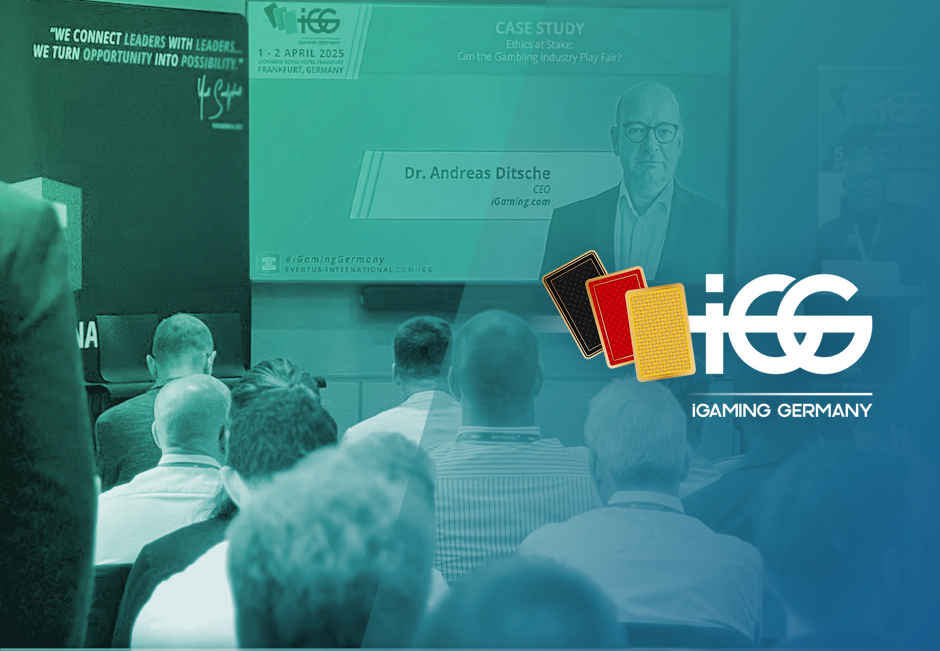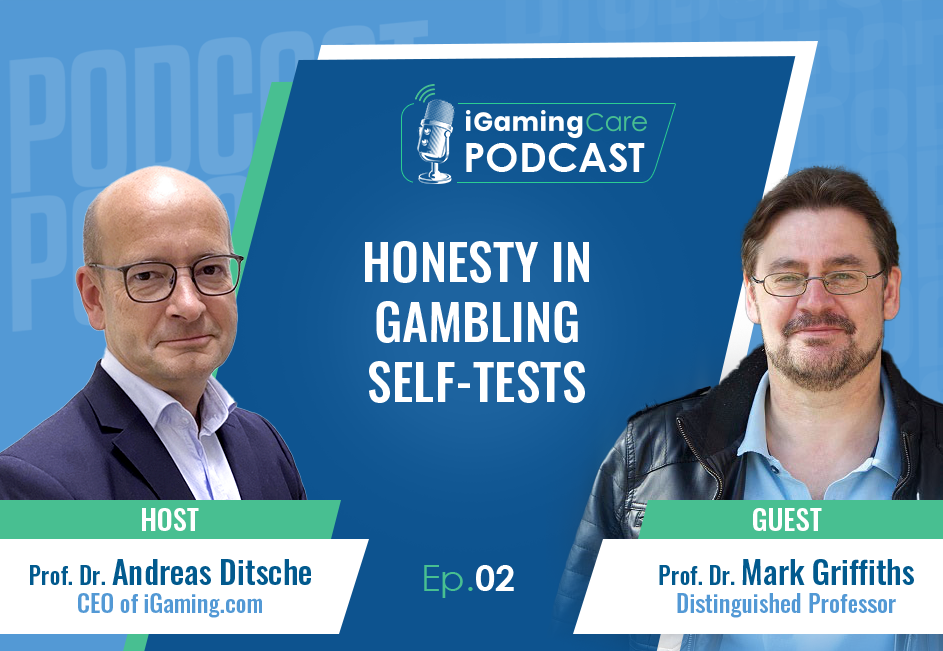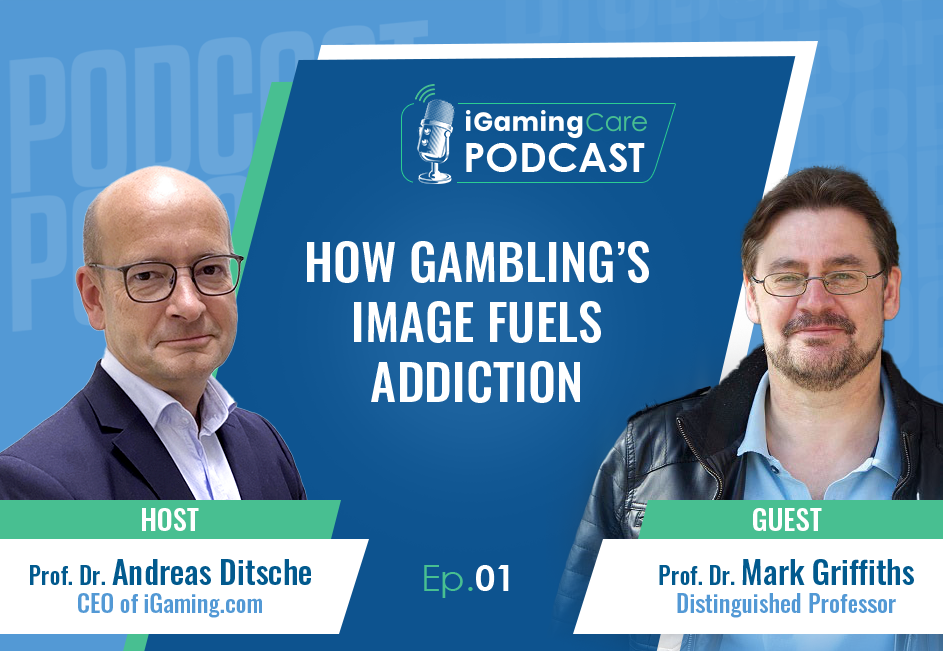
Honesty in Gambling Self-Tests

When it comes to gambling self-assessment tests, honesty is the best policy. Some of the most recognizable responsible gambling organizations use questionnaires, like this 2-minute quiz, to help players spot the early signs of addiction.
However, if admitting to risky gambling habits could lead to exclusion, it begs the question: are players being truthful or not?
The above video is the second snippet from a recent interview between our CEO, Professor Dr. Andreas Ditsche, and behavioral expert Professor Dr. Mark Griffiths. In the short video, the pair discuss honesty in self-tests and the fact that not all players confess or even realize they have a gambling problem.
“People have what we call social desirability biases and might not be totally honest when they’re filling out questionnaires.”
Professor Dr. Mark Griffiths discusses players’ honesty in self-tests.
The full interview between Prof. Dr. Ditsche and Prof. Dr. Griffiths covers several topics related to gambling behavior – from how gamblers develop addiction to how gambling companies have a responsibility to protect players.
They furthermore talk about the influence of gambling ads on problem gamblers and what operators can do to help reduce addiction.
You can watch the full video, Gambling Addiction Explained: How Triggers, Tools & Psychology Interact, now on the iGamingCare YouTube Channel.

